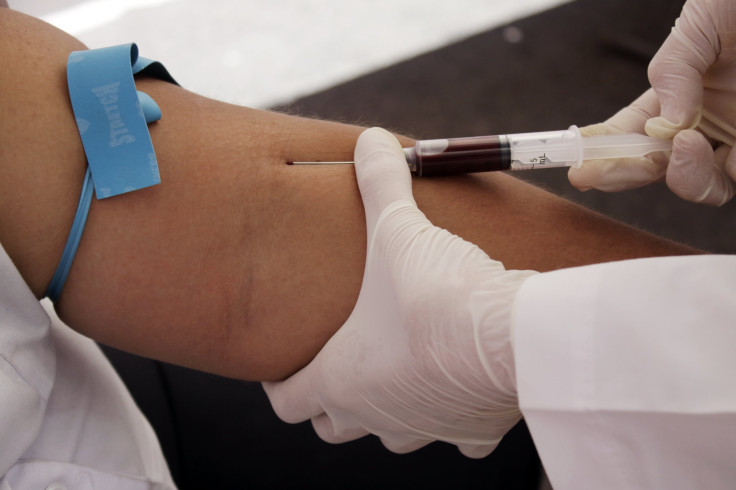A Blood Test Could Reveal Whether Obese Teens, Particularly African-American Girls, Will Have Heart Disease Later In Life

Obese teens, particularly African-American girls, show signs of inflammation and changes in their immune system that may lead to high blood pressure, diabetes, and cardiovascular disease, a new study found. Importantly, a simple blood test will reveal these changes, the researchers noted.
“These changes could help to recognize at-risk cardiovascular patients and could be used to prevent the development of the disease,” wrote the authors, led by Dr. Carmen De Miguel, a researcher at the University of Alabama at Birmingham.
What is Inflammation?
When your body is fighting off disease or illness, your immune system sends lymphocytes, a type of white blood cell, to destroy the invading germs that cause the sickness. While your body's response, called inflammation, may be necessary, sometimes your immune system overreacts and sends too many lymphocytes. This type of immune system over-response can cause diseases, such as arthritis and multiple sclerosis, and commonly, these immune disorders include the signs of inflammation.
Interestingly, the markers of inflammation — high levels of lymphocytes circulating in the blood — also appear in cardiovascular patients before their disease is diagnosed. (However, science has not yet proven heart disease to be an immune disorder.) With obesity a major risk factor for cardiovascular disease, De Miguel and her colleagues hypothesized that obese teens would have abnormal lymphocyte profiles compared to lean teens.
To investigate, De Miguel and her colleagues conducted blood tests on about 100 white and African-American public school students in Augusta, Ga. Volunteers included white and black students between the ages of 14 and 20, who were either obese (BMI over the 95th percentile) or lean (BMI below the 60th percentile). Following blood tests, the researchers compared levels of T-cells and cell activation status among all the students. (Activated T-cells are one sign of inflammation.)
What did the researchers observe?
Compared to the lean teens, the obese teens had “significantly elevated” circulating lymphocytes, independent of gender and race, noted the researchers. While the white obese teens showed some systemic inflammation, it was less than that of black teens. Separately, the obese black teenage girls had higher levels of activated T cells compared to the boys.
“We think that the fact that the girls do not decrease the numbers of activated T cells could be important in explaining the high risk that black females have of developing cardiovascular disease later in life,” De Miguel stated in a press release.
"In conclusion, teen obesity leads to changes in the circulatory T lymphocyte profile," wrote the authors.
Source: De Miguel C, Xu X, Pan Y, et al. Teen Obesity Leads To Changes In The Circulatory T Lymphocyte Profile. American Heart Association Abstract. 2015.
Published by Medicaldaily.com



























